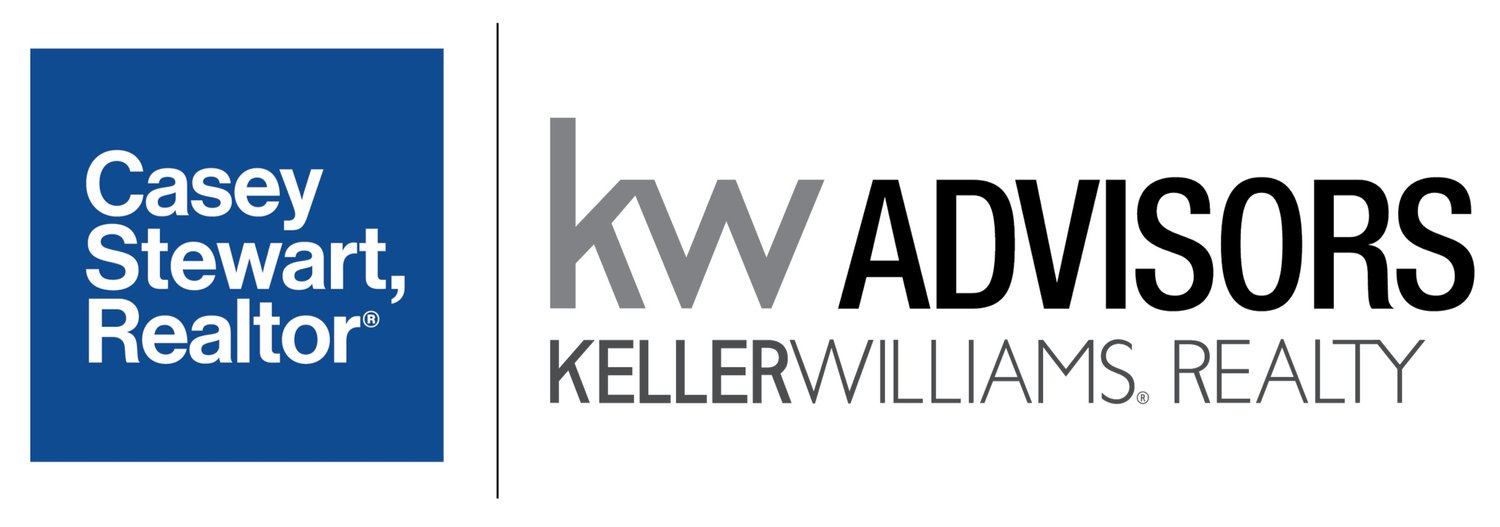Crash Course in Closing Costs
/Chances are you have heard the term “closing costs” even if you’ve never purchased a home before, but if you have paid them in the past, did you really understand what they are and how to know if you’re getting a good deal? Thanks to laws passed over the last decade or so, mortgage lenders are required to provide you with a Good Faith Estimate (GFE) detailing all of the potential costs of a mortgage, so it’s easier than ever to compare estimates from multiple lenders. But let’s start with understanding what they are in the first place: closing costs are everything you need to pay, above and beyond your down payment, in order to purchase a home.
Loan Charges: Lenders charge certain fees to process your loan. These services often include pulling your credit report, getting a flood certification for the property, processing your application, underwriting the loan, paying the appraiser (sometimes you pay for the appraisal when it’s ordered rather than at closing), and recording the mortgage. Other loan charges that are more common now are “points,” essentially pre-paid interest to lower the interest rate for the overall term of the mortgage.
Impounds: These costs are directly related to setting up your escrow account — that’s the portion of your mortgage payment that goes toward taxes and insurance. I usually see my clients pay at closing three months of their annual homeowner’s insurance, one to six months of property taxes depending on the time of year the closing takes place, and about three months of mortgage insurance if applicable. These amounts may be adjusted if the total impound amount is above the lender’s threshold, noted as an “aggregate adjustment” on the GFE, closing disclosure (CD) and/or settlement statement.
Title & Settlement Charges: In Ohio and Kentucky, most real estate closings are handled via third party companies called title agencies. They charge fees to both buyers and sellers for guaranteeing the property is transferred with a clean title and that the monies are disbursed appropriately. Buyers usually pay for a portion of the settlement fee, closing protection coverage for the lender, a lender’s policy of title insurance or a title commitment, sometimes an attorney fee, certain endorsements that your lender requests, and an owner’s policy of title insurance if you choose to purchase one. Also, if you can’t be present for the closing, the title company may send you a mobile notary and there will usually be a fee for that service.
Commission: Depending on your buyer agency agreement and the terms of your purchase contract, you might pay commission to the broker who represented you. Some brokers also charge administration fees that are separate from commission, and if you purchase homes from certain corporate sellers you might have to pay a “buyer premium” or “technology fee”. You should always verify that the amount of commission paid, whether by you or by the seller, matches the buyer agency agreement you have signed: if it’s higher, that is prohibited by law, and if it’s lower, you might be responsible for paying the balance outside of closing.
Government Recording and Transfer Charges: In Ohio and Kentucky, the buyer is traditionally responsible for the cost of recording the mortgage and the new deed with the county in which the property is located. This fee varies by county but is usually dependent on the number of pages recorded. Some lenders have a standard mortgage on file in some counties to minimize the number of pages that need to be recorded for individual transactions.
Homeowner’s Insurance Premium: If you didn’t already pay your first year of homeowner’s insurance when you ordered the policy, this will be included in your closing costs.
Depending on the lender, local and state regulations and customs, and your specific situation, your closing costs can vary quite a bit which is why it’s so important to ask about them when you are evaluating which lender to use. You can offset these costs in a few ways: gift funds from a family member or friend, local grants, or contributions from the seller. Knowing your financial needs and limitations up front will help you and your real estate agent negotiate the best terms possible, and help you avoid an unpleasant surprise when it comes time to close the deal.


